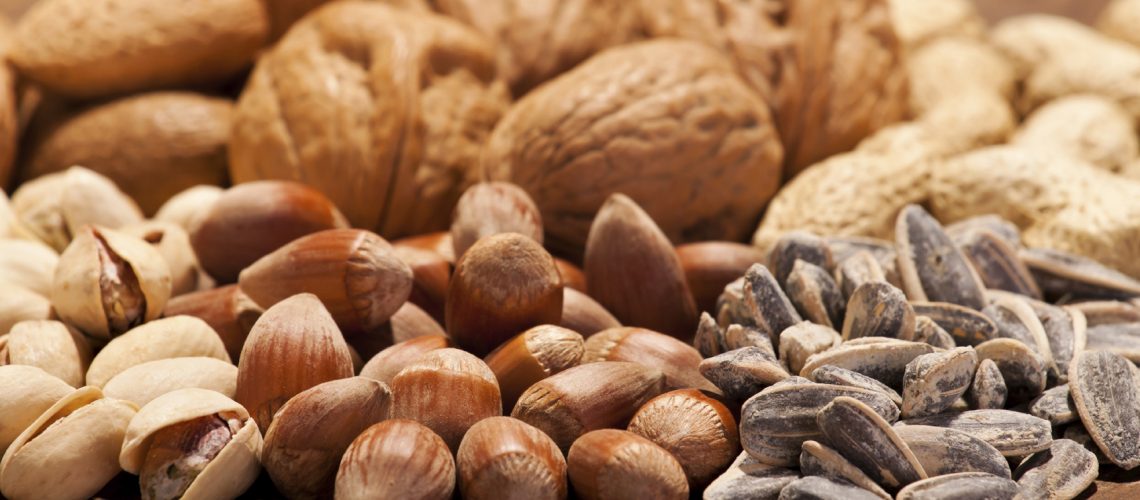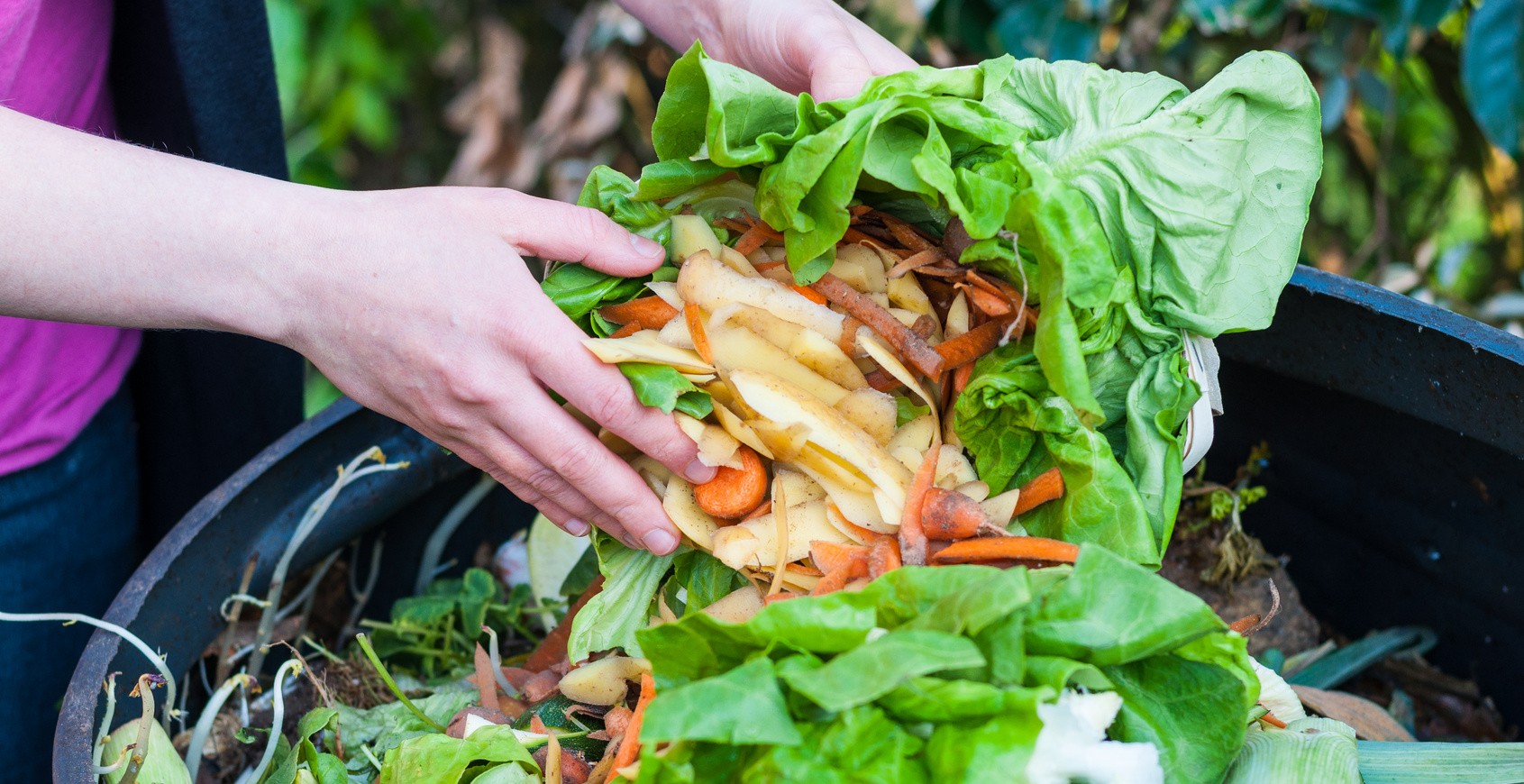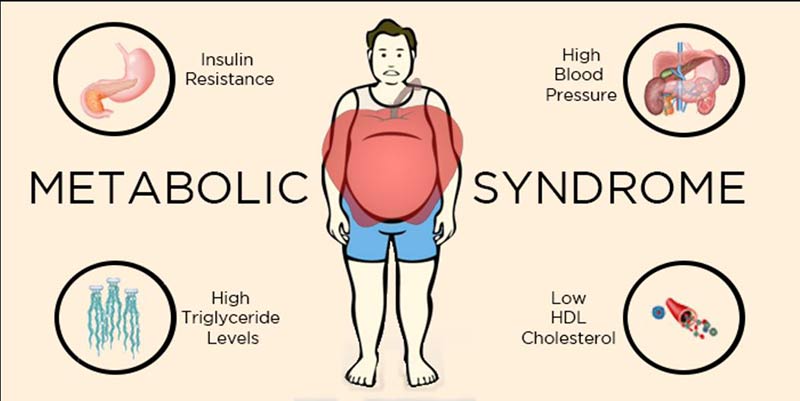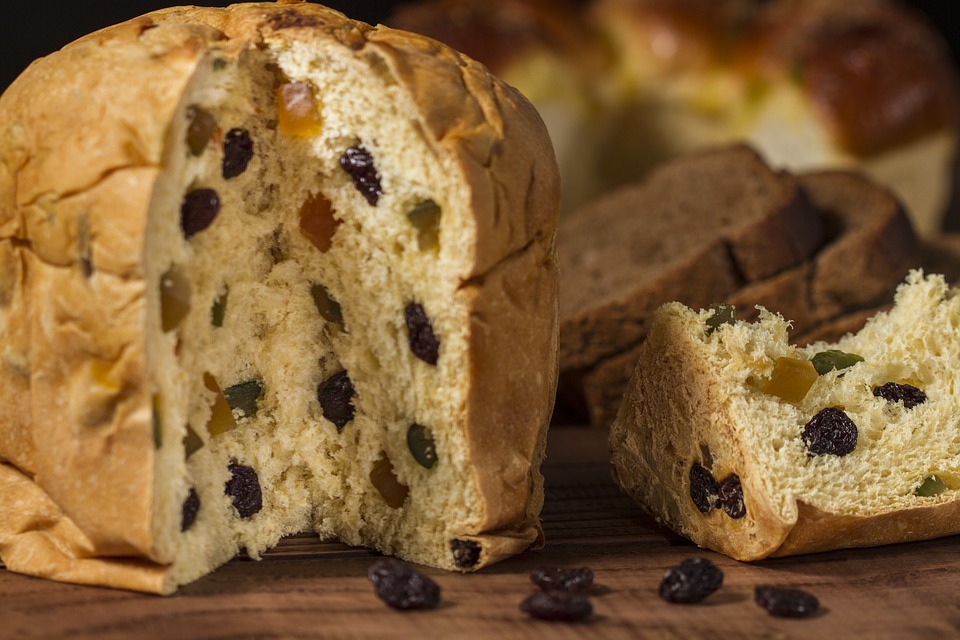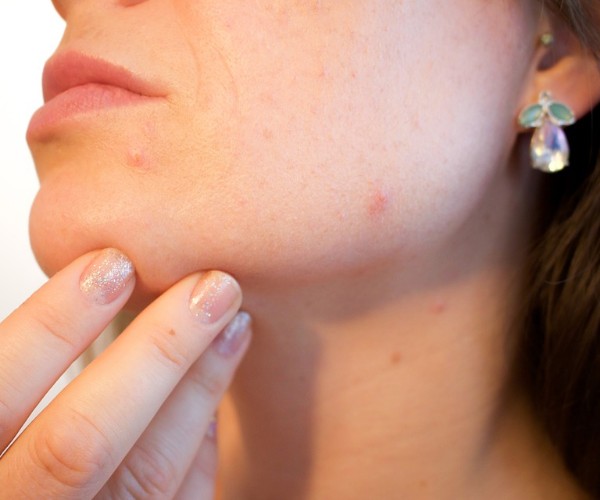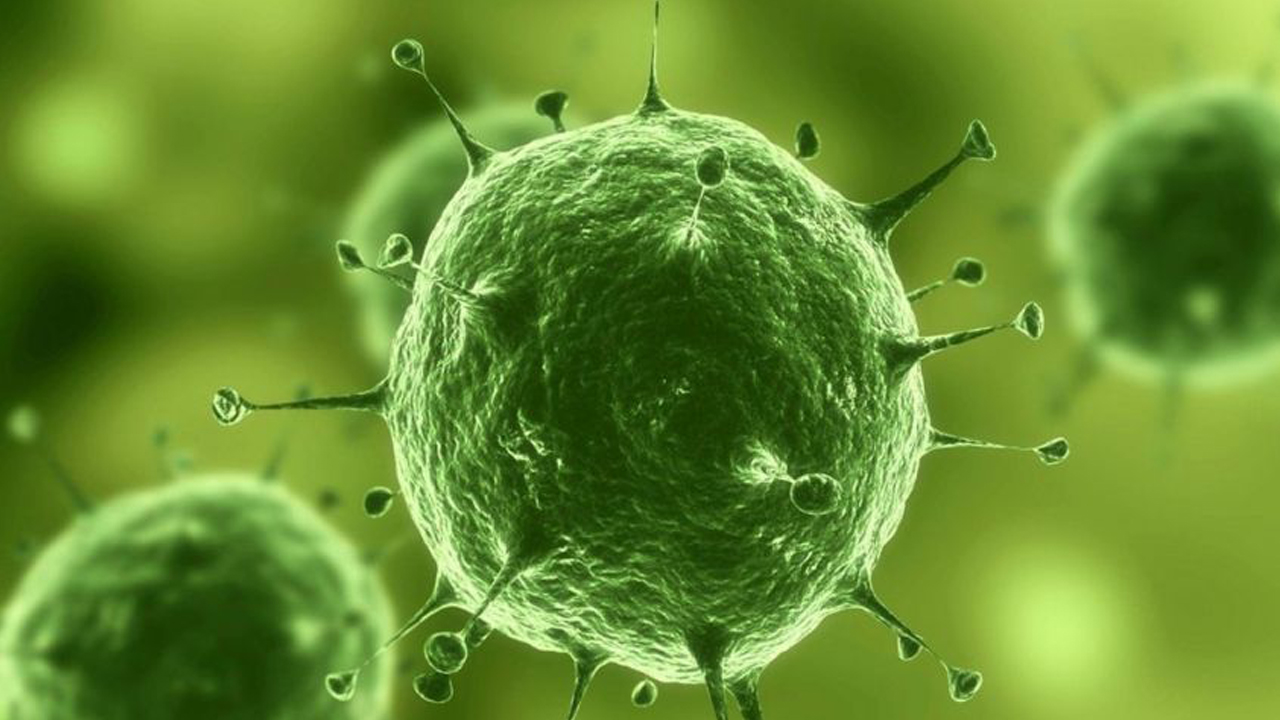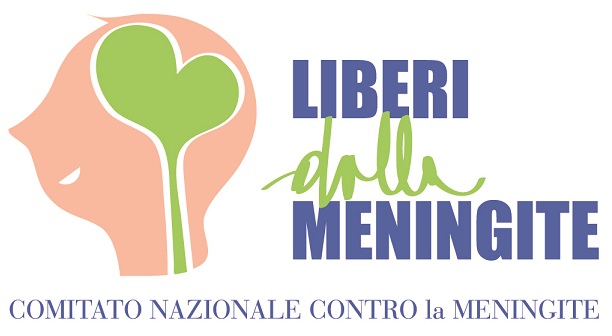Dried fruits are often considered the queen of Christmas and the winter season. We love to consume peanuts, walnuts, pistachios and other kinds of dried fruits when we are gathered with the whole family at Christmas and New Year’s dinners and lunches. Dried fruit, however, is a food that should not be underestimated at other times of the year. In fact, it is not only tasty and “keeps us company” but also very rich in nutrients that are essential for the well-being of our bodies. Unfortunately, it is almost always mistakenly eliminated from various types of diets because it is considered caloric, but not everyone knows that taking 30 grams of nuts a day can bring enormous benefits to our health.
Due to its contents of unsaturated fatty acids and polyphenol antioxidants, nuts are recommended to reduce the risk of heart disease and inflammation in the body. In addition, thanks to the caloric intake it provides to the body, it is also indicated for individuals who undergo special physical ( those who play sports, for example) or mental ( during periods of intense study) exertion. Finally, dried fruits are rich in good vegetable fats, vitamins, minerals and Omega 3 and, contrary to popular belief, are not fattening; in fact, they are especially good for those suffering from obesity and chronic diseases.
Walnuts
Among the various types of dried fruits, nuts certainly play a prominent role. Intake of 30 grams a day of walnuts ( the equivalent of 5 walnuts ) helps provide the body with the right amount of essential fatty acids and Omega 3 and Omega 6, which are essential for heart health and, much more than any other nuts, for that of the circulatory system. Vitamin E, B1 and B6 also are particularly useful in fighting skin aging and preventing cancer.
Pistachios
Another popular food is pistachios. Pistachios are rich in protein, thanks to the presence of arginine, an amino acid that is essential for our body’s health. They carry out constant action against the onset of free radicals and, thanks to the presence of vitamin E and carotenoids, help skin cells stay intact and healthy. Again, a 30-gram serving of pistachios would contribute to how to lower cholesterol and keep blood pressure under control.
Pine nuts
Finally, pine nuts are also worth mentioning. Like most dried fruits, pine nuts are rich in vitamins, protein, minerals and fiber. In addition to being a valuable aid against the onset of heart disease by improving the health of the cardiovascular system, it is also particularly good for combating the onset of diseases such as atherosclerosis. Finally, the vitamin K
contained within them helps to reduce disorders related to the menstrual cycle and improves blood circulation.





